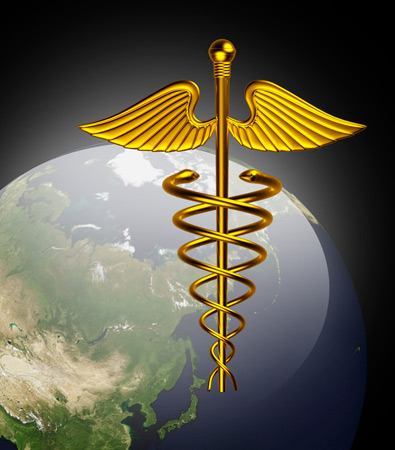Health and Medical: Health Care System
Like most European countries, France has a well-developed public health system coordinated by a national health ministry. The health ministry is responsible for defining goals and strategy for better health; it monitors the performance of the health care providers and regulates and regulates as necessary. Medical care at a high level is widely available. The World Health Organization’s June 2000 assessment of health systems ranked France highest of its 191 member countries in overall performance.
France has a high density of medical practitioners, with good coverage even in small towns. Doctors make house calls for patients too ill to come to an office. Any pharmacist will be able to direct you to a local doctor; after hours, you can inquire at a police station for the number to contact a doctor on call.
Visitors from European Union (EU) countries or from Iceland, Liechtenstein, Norway, and Switzerland should obtain a European Health Insurance Card (EHIC) before traveling to France, as to any other EU country. The card is available free of charge from the traveler’s national health authority. Presenting the card at the time services are needed allows the traveler to be received on the same basis as a citizen of France.
Travelers from non-EU countries must take out traveler’s insurance to avail themselves of the French state health programs.
For consultations with a doctor and for medications, payment is normally required upfront. It is important to save all receipts for reimbursement. Hospital visits, on the other hand, may be paid for directly by your insurance policy; be sure you know before you travel.
Locating a Doctor
Embassies and consulates generally maintain lists of physicians, dentists, and medical facilities for the benefit of travelers. Also, the International Association for Medical Assistance to Travelers (IAMAT) maintains a database of fully licensed, English-speaking doctors around the world. Office visits are available to IAMAT members at fixed rates advertised on the website, www.iamat.org.
Copyright © 1993—2024 World Trade Press. All rights reserved.

 France
France 
